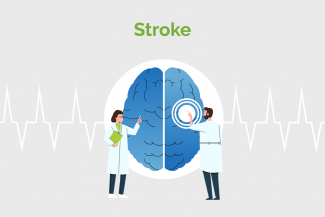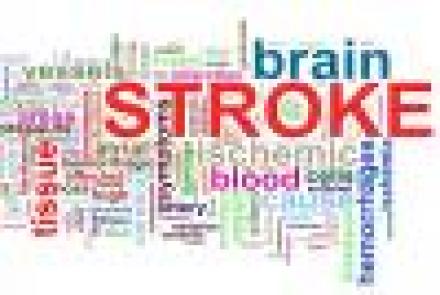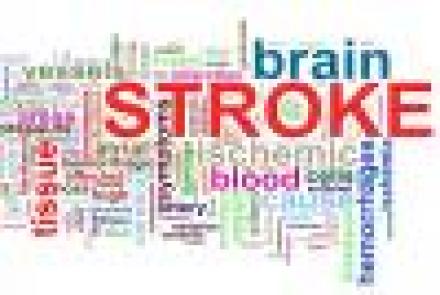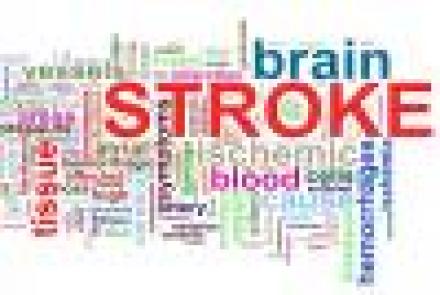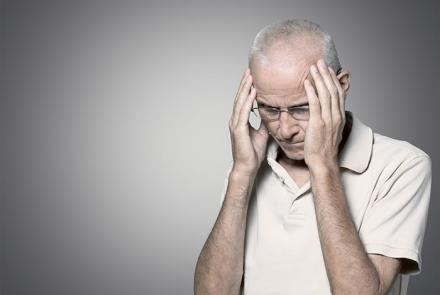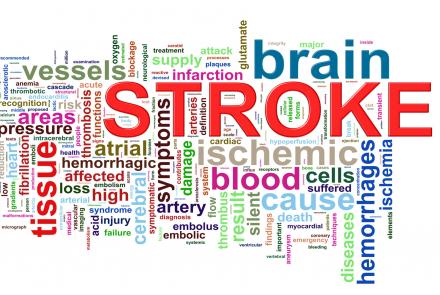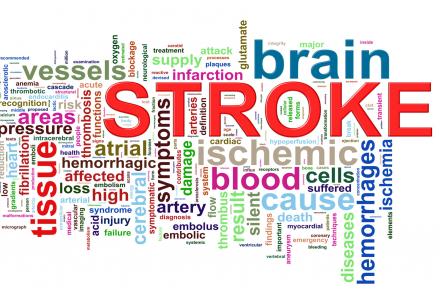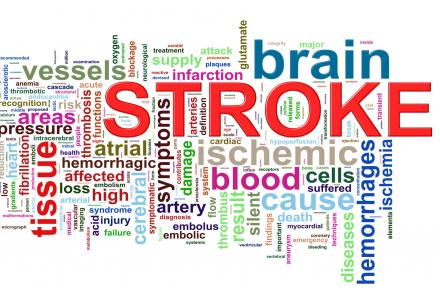A stroke is caused by the interruption of the blood supply to the brain, usually because a blood vessel bursts or is blocked by a clot. This cuts off the supply of oxygen and nutrients, causing damage to the brain tissue.
The effects of a stroke depend on which part of the brain is injured and how severely it is affected. A very severe stroke can cause sudden death.

What tests do you need to have done?
Stroke is a medical emergency, and anyone suspected of having a stroke should be taken to hospital immediately (delay affects rehab) so that tests can be done and the correct treatment provided as quickly as possible. Tests include:
- Physical examination and tests like a blood pressure test, blood tests to check cholesterol levels and blood sugar levels.
- Ultrasound - a wand waved over the neck can provide a picture that shows whether there is any narrowing or clotting in the arteries.
- Computerised tomography (CT) scans of the brain can show an area of the brain that has poor blood flow.
- Magnetic resonance imaging (MRI) of the brain can show moving blood flow and may help evaluate carotid artery blockage.
Changed
24/Oct/2021
Condition

